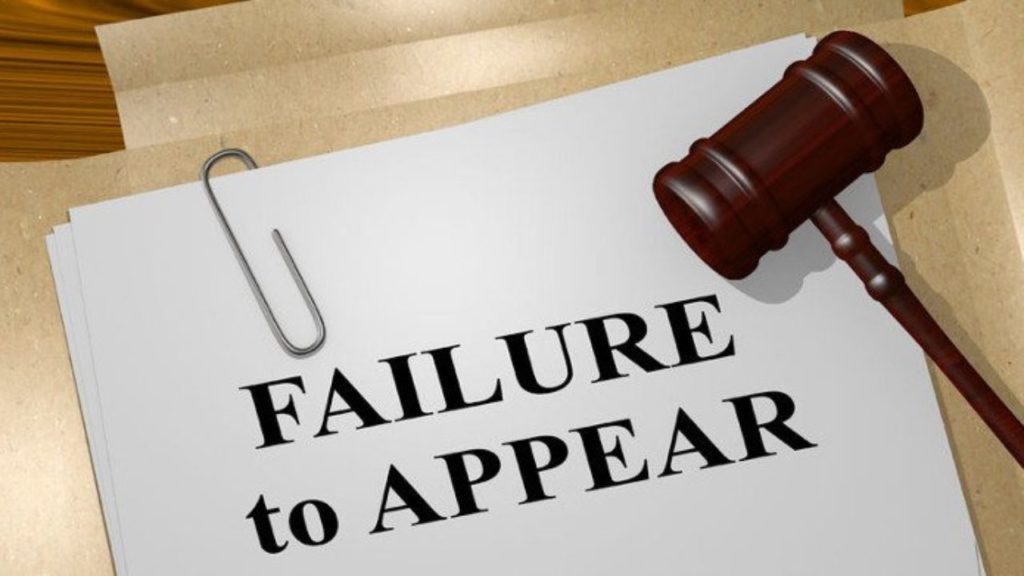It happens way more often than you would think. A person applies for lawful permanent resident status (also known as a green card) and during the process they find out they are not eligible because there is an order of removal or deportation in their file. Sometimes, a person with an order of removal can obtain lawful permanent resident status because of an oversight by USCIS, but when the same person applies for U.S. citizenship, they are denied because of the old order of removal. Most of the time, the person has no idea they were in immigration court removal proceedings or that they had an order of removal. Many times, that order of removal was issued by an immigration judge because the person did not show up for court, usually because they had no idea they were scheduled to appear for court. In either scenario, there is a solution . . .a motion to reopen.

We are contacted all the time by people who had I-485 Applications to Adjust Status denied or closed because of an outstanding removal order. Sometimes the caller knows they had the order of removal already, but many times they had no idea. We also receive calls from people who have green cards for years and then applied for citizenship and were denied because USCIS sees an old order of removal in their file. The good news is, there is a solution.

We have been successful in numerous cases going back to reopen and terminate or dismissing the old immigration court cases. Once the old case is reopened, the order of removal is gone and if the case is terminated or dismissed, we refile for lawful permanent residence or citizenship and the path is now clear for success.
 Florida Immigration Lawyer Blog
Florida Immigration Lawyer Blog






 This information includes whether the applicant is eligible to become a permanent U.S. resident and whether all the information provided on the application is valid.
This information includes whether the applicant is eligible to become a permanent U.S. resident and whether all the information provided on the application is valid.
